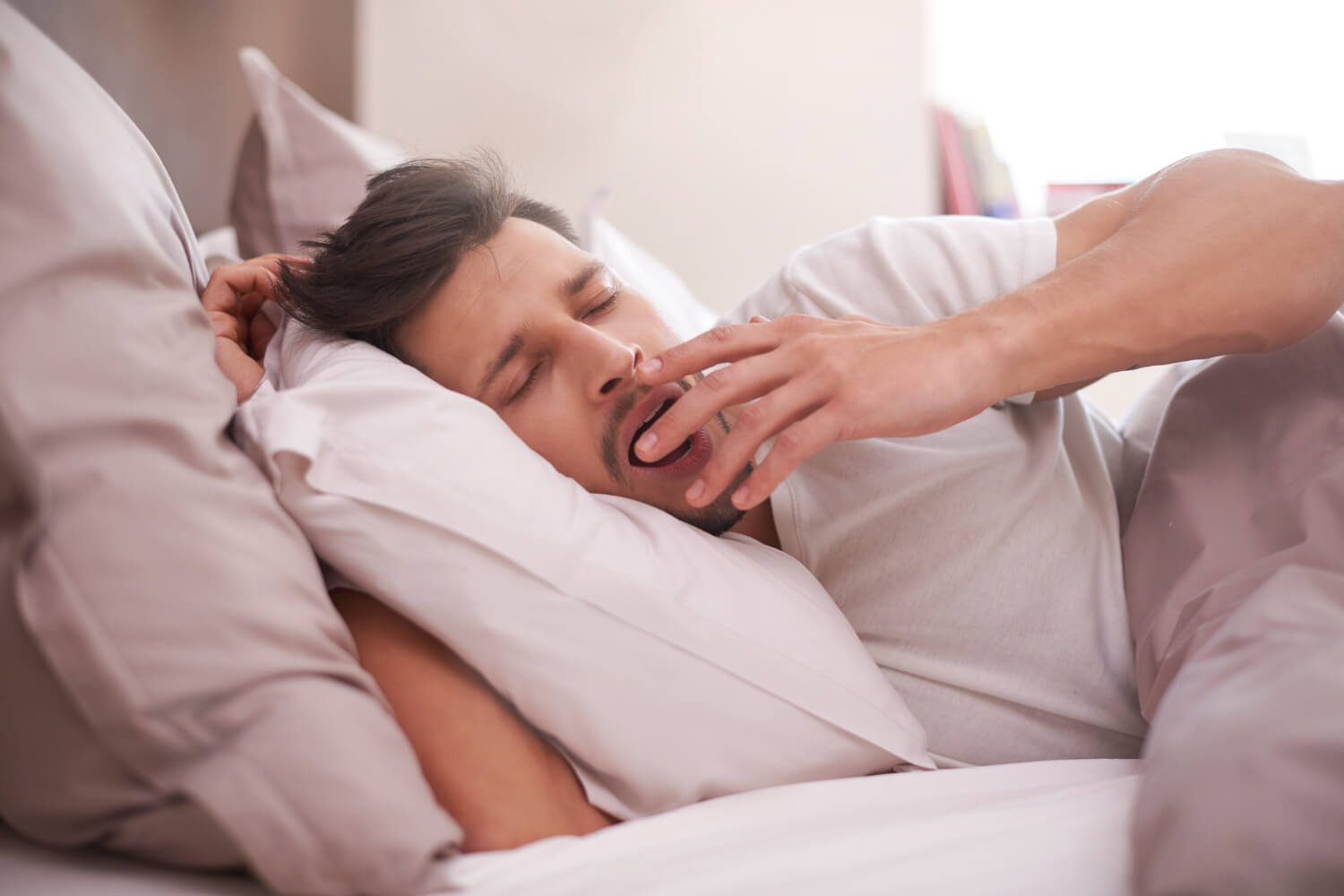Melatonin & Hair Loss: Is There a Connection?
Melatonin is widely known as the hormone that regulates sleep, but recent research suggests it may also play a role in hair health. Could melatonin be the key to preventing or reversing hair loss? Or is the connection overstated?
In this article, we’ll explore what melatonin is, how it interacts with the hair growth cycle, and whether supplements or topical treatments offer any real benefits for people dealing with hair loss.

What Is Melatonin?
Melatonin is a naturally occurring hormone produced by the pineal gland in the brain. It plays a key role in regulating circadian rhythms — your internal body clock that governs sleep and wake cycles.
Melatonin production typically increases after dark, helping you fall asleep and stay asleep. It’s commonly used in supplement form to treat insomnia, jet lag, and sleep disorders.
But melatonin isn’t just a sleep aid — it’s also involved in cell growth, immune regulation, and antioxidant protection, all of which can indirectly affect skin and hair health.
Melatonin and the Hair Growth Cycle
The hair growth cycle includes three main phases:
Anagen (growth phase)
Catagen (transition phase)
Telogen (resting and shedding phase)
Melatonin appears to influence this cycle by:
Extending the anagen (growth) phase
Protecting hair follicles from oxidative stress
Regulating hormones involved in hair thinning (e.g., DHT)
Melatonin receptors have been found in human skin and hair follicles, suggesting a more direct biological role than previously believed.
Evidence Linking Melatonin to Hair Loss
Recent studies and clinical trials have explored the potential of melatonin-based treatments for hair loss, with promising but still limited findings.
1. Topical Melatonin
Several studies have shown that topically applied melatonin (typically in a 0.1%–0.0033% solution) may help reduce hair shedding and promote regrowth in both men and women with androgenetic alopecia or telogen effluvium.
A study published in the International Journal of Trichology reported significant hair density improvements after 3–6 months of topical melatonin use.
It may also help regulate scalp inflammation and oxidative stress, both of which are factors in hair loss.
2. Oral Melatonin
While oral melatonin is mostly used to support sleep, better sleep quality can have indirect benefits for hair health. Chronic stress and poor sleep are well-documented contributors to hair loss, particularly telogen effluvium.
However, there is limited clinical evidence that oral melatonin alone can directly regrow hair.
Melatonin vs. Traditional Hair Loss Treatments
Compared to FDA-approved treatments like minoxidil or finasteride, melatonin is considered:
Gentler, with minimal reported side effects
Non-hormonal, which makes it suitable for women
Supportive, rather than curative — best used as part of a broader treatment plan
It is not a replacement for medications but may enhance their effects or support maintenance.
Potential Benefits of Melatonin for Hair
Prolongs the growth phase of hair follicles
Acts as a powerful antioxidant, reducing scalp inflammation
Improves scalp condition and microcirculation
May reduce DHT sensitivity in androgenetic hair loss
These benefits are more notable when melatonin is applied directly to the scalp in topical form.
Are There Any Risks?
Melatonin is considered safe for most people when used as directed. However:
High oral doses can cause drowsiness, headaches, or hormonal disruption if used excessively
Topical melatonin should be used under medical guidance, especially if combined with other treatments
Always consult a dermatologist or hair restoration expert before starting a new product.
Final Thoughts
While research is still emerging, melatonin appears to have potential as a supportive treatment for certain types of hair loss, especially when used topically. Its role in extending the hair growth phase and protecting follicles makes it a promising ingredient in hair care formulations.
That said, melatonin is not a miracle cure. It works best when combined with a comprehensive approach, including proper nutrition, stress management, medical treatments, and professional evaluation.
If you’re struggling with hair thinning or shedding, speak with a specialist to determine whether melatonin could be a useful addition to your treatment plan.
